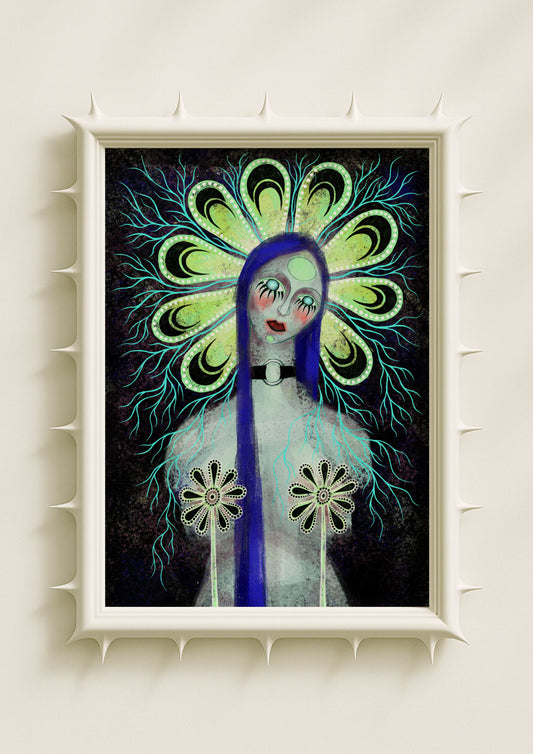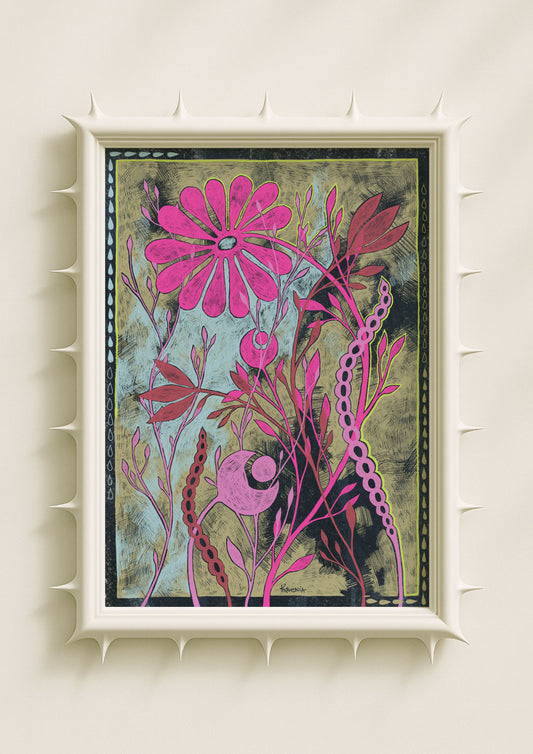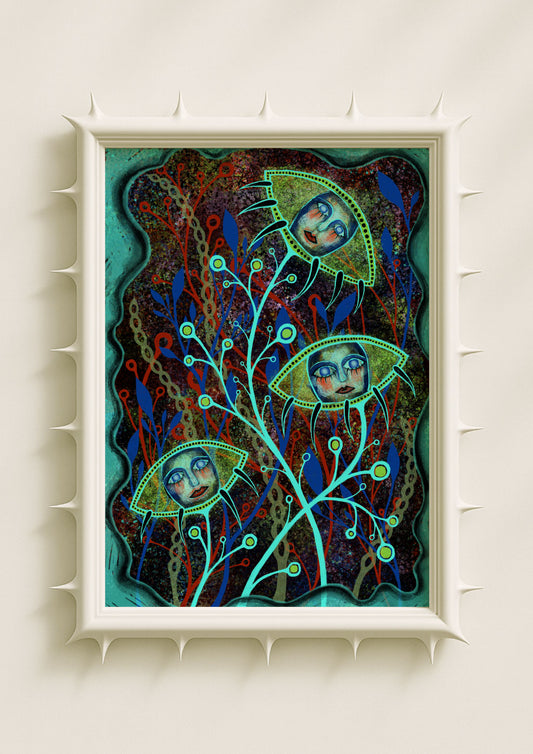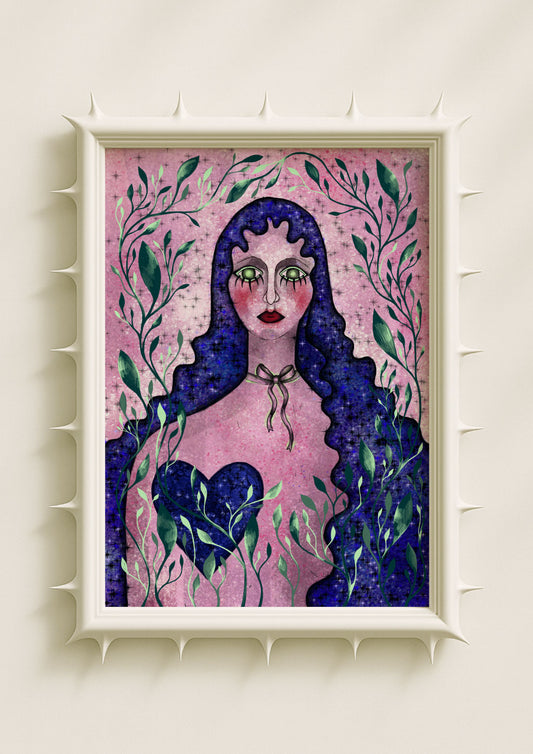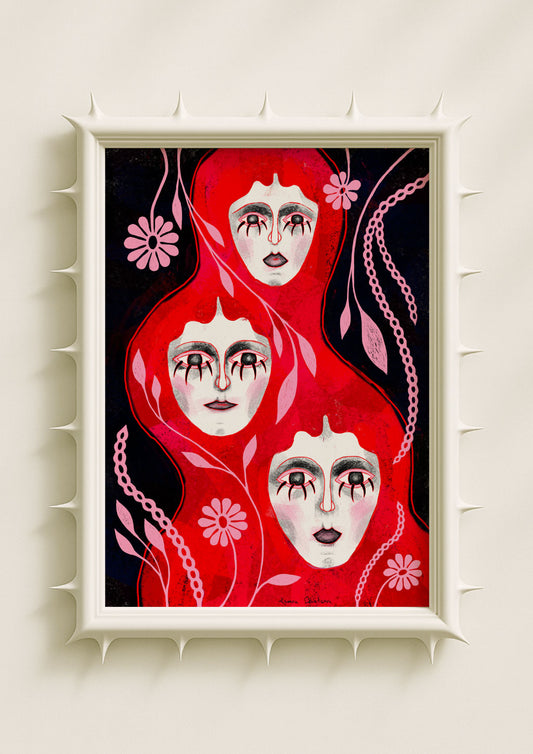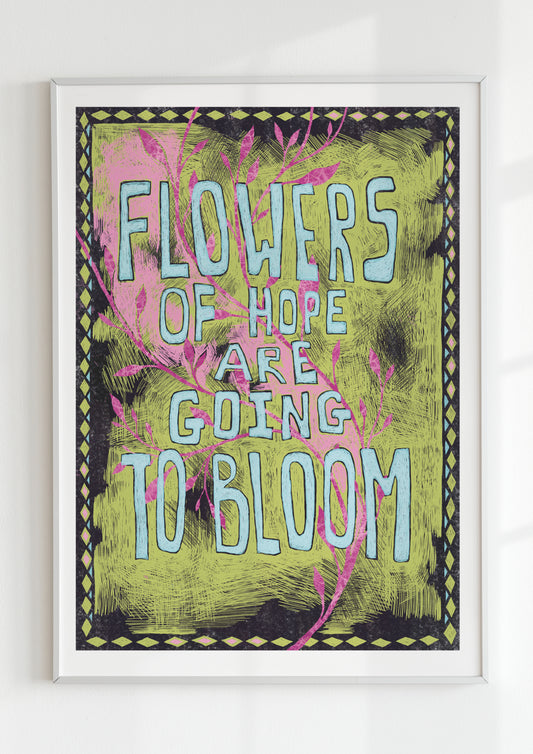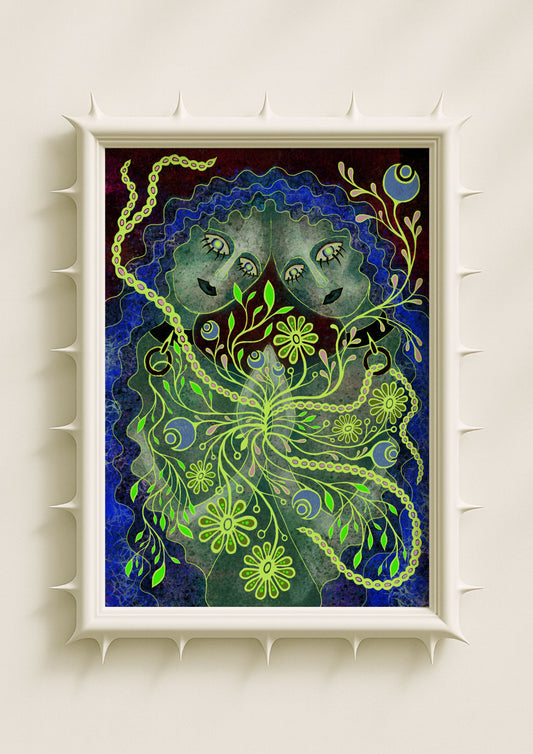The Dining Room as Stage
The dining room has always been more than a place to eat. It is a stage for ritual, performance, and community. Across centuries, meals have been occasions for ceremony, whether sacred or secular. From ancient feasts to modern dinner parties, the dining room has acted as a theatre of connection. And its walls—decorated with art—become integral to the atmosphere, reminding us that nourishment is never only physical but also cultural, symbolic, and emotional.

Banquets in Art History
Banquets have long fascinated artists. In classical frescoes, scenes of feasting reflected not only abundance but also social order, showing who reclined near whom, who served, who was honored. In the Renaissance, Last Supper paintings turned the dining table into an allegorical stage of sacrifice and community. Baroque canvases often depicted lavish banquets as symbols of wealth, theater, and sometimes moral excess.
To place wall art in the dining room is to situate oneself within this tradition. It ties the act of daily dining to the larger cultural history of communal feasts.
Abundance and Symbolism
Food has always been a symbol of more than itself. Grapes evoke Bacchic revelry and spiritual wine; bread carries sacred connotations of sustenance and sacrifice; fish embody early Christian allegories; exotic fruits once symbolized trade, discovery, and luxury.

Dining room wall art that incorporates such motifs—whether symbolic still lifes or surreal interpretations—transforms eating into ritual. It connects those at the table to centuries of imagery where food meant not just survival, but meaning.
Contemporary Symbolic Prints
In contemporary interiors, symbolic wall art can echo these traditions while also reshaping them. A surreal botanical print in the dining room can turn the meal into an enchanted ritual. A maximalist composition of fruits and flowers becomes a celebration of abundance. A symbolic portrait gazing from the wall may remind guests of the human dimension of gathering—faces sharing food, laughter, silence.
These prints create atmosphere, shifting the dining room from mere utility to symbolic stage. They enrich the feast with visual narrative.
Community and the Aesthetics of Gathering
The dining room is where private life meets collective life. Meals shared with family, friends, or guests create bonds, renew rituals, and affirm belonging. Wall art in this space amplifies that communal energy. It provides shared reference points, sparking conversation and deepening mood.

Whether Gothic tones or bright botanicals, symbolic posters make the dining room an aesthetic echo of its purpose: to gather, to connect, to celebrate.
Toward a Poetics of Feasting
Ultimately, dining room wall art reminds us that eating is never only functional. It is ritual, memory, and performance. To decorate these walls with symbolic imagery is to affirm that meals are not interruptions in daily life, but its very center.
In this way, the dining room becomes more than a room. It becomes a symbolic feast in itself—a space where food, art, and community converge in abundance.
